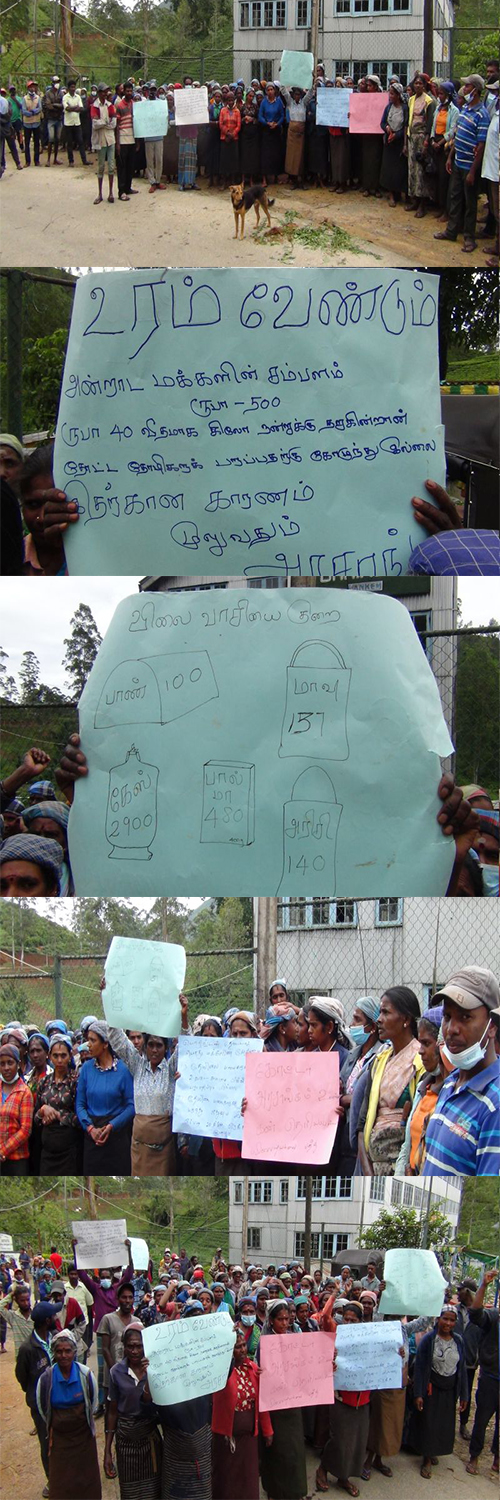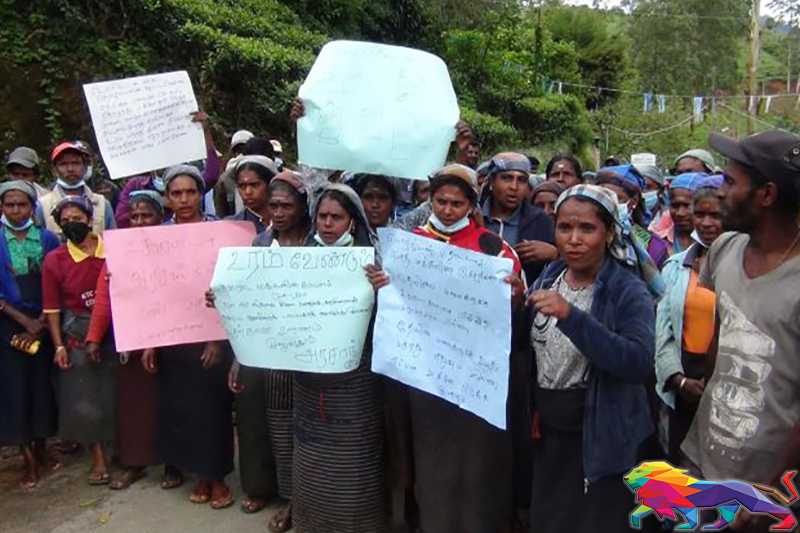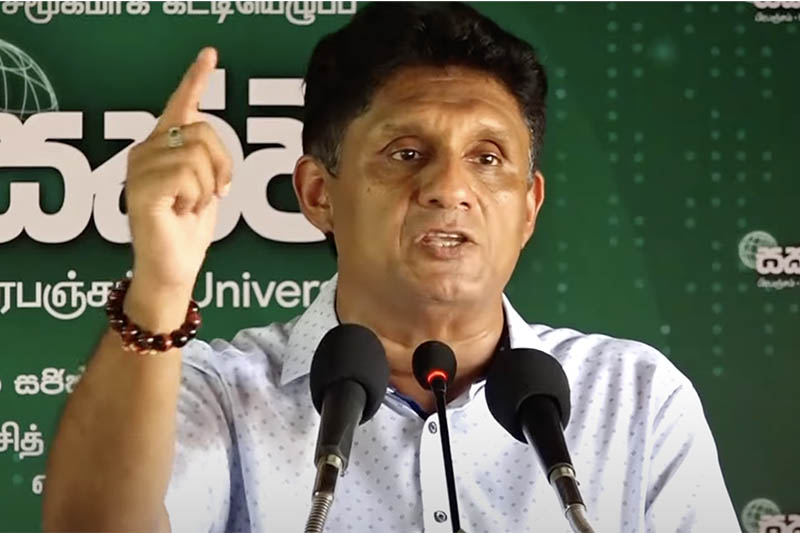Estate workers of a tea estate belonging to a leading tea export company in Sri Lanka have launched a protest over low wages paid by the company.
The protest was held on 29 November by the workers of the Torrington Estate in Agarapathana belonging to the Lankem Ceylon Group of Companies to coincide with an islandwide protest campaign by government trade unions based on several demands including a wage increase of Rs. 10 000.
Lankem exported 8 million kilograms of tea while accounting for nearly 4% of Sri Lanka’s rubber production.
The Agarapathana Estate belonging to Lankem has the largest tea production plant in the Uva Province with an annual harvest of 1.5 million kilograms of black tea.
The protest also coincides with the official visit of United Nations Special Rapporteur on contemporary forms of slavery, Tomoya Obokota to the island. Obokata is in Sri Lanka on a seven-day visit to examine labour conditions in various sectors and industries including apparel, tea plantations, tourism, and domestic work.
Citing the rising cost of living, particularly that of the recent price increase of wheat flour, the workers point out they are facing problems in getting their daily meals as a result.
The protesting plantation workers further stressed that their economy has been hit hard by the plantation management's tendency to cut down their basic daily wage.
Rs. 1000 daily wage
Although the basic salary of plantation workers has been fixed at Rs. 1000 by the wages board, workers claim the estate management continues to cut down their daily wage by citing various terms and conditions.
According to them, the management demands each worker to pluck 20 kilograms of tea per day to be entitled to the basic daily wage of Rs. 1000. Workers who fail to reach this target are paid according to the weight of the tea plucked which is often around Rs. 40 - 50 per Kilo.
The workers also point out the fertilizer shortage has led to a lower yield making it impossible for a worker to pluck 20 Kg of tea to secure the daily wage of Rs. 1000. This has become a common complaint of workers across the industry leading to a series of protests against estate managements across the country.
Protest during lunch hour
State sector employees in several parts of the country staged protests at lunchtime on Monday, November 29, demanding a Rs. 10,000 pay rise, the removal of the 65-year retirement age limit and rising commodity prices.
Media reported that similar protests took place in Colombo, Kandy, Beruwala, Galle and many other areas.
Grama Niladhari officers, Development officers, Government officials from the administrative service and many other sectors also joined the protests led by at least 30 leading trade unions.
The demands of the protestors included calling for the Minister of Finance to withdraw his statement where he referred to state sector employees as a burden to the country and to repeal the circular restricting their right to freedom of expression.
The trade unions have given the government a week's time to respond to their demands, failing which they have threatened to launch a continuous trade union action.




















